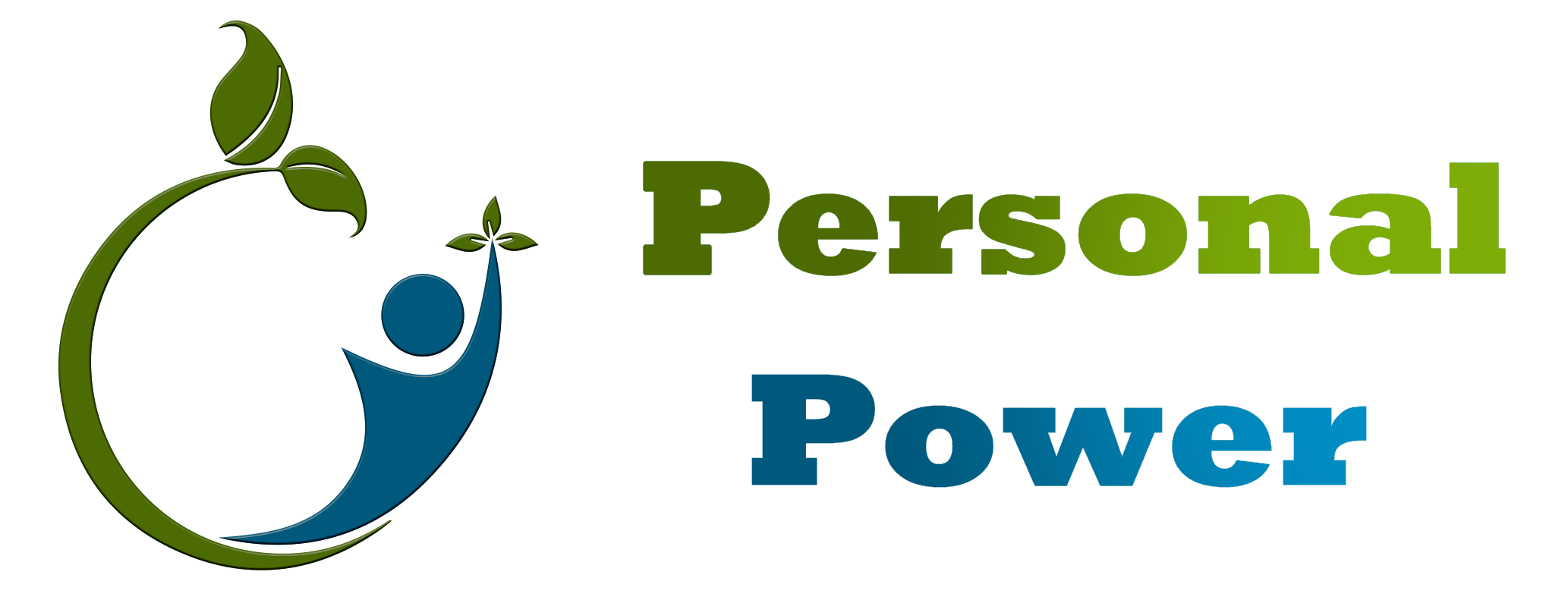The Health Consequences Of Dehydration
Water is considered a panacea for sustaining life as well as promoting health. You should drink at least eight glasses each day to replenish your body’s reserves and to prevent dehydration.
Dehydration can lead to a series of health issues. These complications occur as toxins and pollutants collect in the body when they aren’t appropriately “flushed” out of the system.
Side Effects Associated With Mild to Moderate Dehydration
When water is not regularly consumed, contaminants build up. These contaminants can cause illness or heath issues. People may complain of fatigue, digestive disturbances, headaches, pimples, dry skin, dry hair, or insomnia.
Severe Side Effects
While thirst, tiredness, dry mouth, dry skin, constipation, or lightheadedness may make up moderate symptoms, severe dehydration symptoms can include:
- Rapid heartbeat
- Shriveled inelastic skin
- Dry mouth and mucous membranes
- Extreme irritability
- Confusion
- Low blood pressure
- Little or no urination
- Sunken eyes
- Rapid breathing
- Fever
Check The Color Of The Urine
Thirst is not an accurate or reliable gauge if the body needs water. You can tell if you require more water by observing your urine’s color. While light-colored or clear urine means you are taking in enough water, urine that is dark yellow is a signal that you are not consuming enough H20. If you are observant, you can check your skin. If you can muscle test, you can immediately determine your hydration level.
Emergency Measures
If you are suffering mild to moderate hydration, increase your fluid intake by consuming Powerade or Gatorade besides water. These sports drinks contain electrolytes that can replenish what dehydration has taken away.
Immediate medical care is advised if you are suffering extreme thirst or feel dizzy or confused. If an older adult or child cannot keep fluids down, is disoriented, or has diarrhea, fever, or vomiting, either go the nearest emergency room or dial 911.
A “Nutrient” That Cannot Be Ignored
Both children and adults should drink plenty of water before and after exercise, or consume sports drinks like Gatorade that replace lost electrolytes. Water is a “nutrient” that cannot be ignored when it comes to good health. This is especially important when exercising because sweating removes water from our bodies and at this time, hydration is of utmost importance. Oral rehydration solutions can be given in the form of Pedialyte to ensure that dehydration does not become severe.
Make Sure You Are Getting Enough Water
In order to ensure you are getting enough water, also make it a practice to consume foods such as citrus, watermelon, tomatoes, and cantaloupe. Vegetables that help hydration include celery, greens, and lettuce.
Foods That Lead To Dehydration
While vomiting and diarrhea are the main causes of dehydration in people suffering from the flu or other illness, certain everyday foods can lead to dehydration too. If you are already mildly dehydrated, avoid the following foods:
- French fries
- Cured meats
- Coffee (a natural diuretic)
- Soy Sauce
- Bouillon cubes
- Soft drinks
- Alcohol
Any sugary drink can lead to dehydration. So even if you think you are replenishing your system with that sugary cola, you are probably doing more harm than good.
Balancing Out Your Electrolytes
While consuming a small amount of soy sauce will not cause you undue problems, consuming an excess quantity can result in an electrolyte imbalance known as hypernatremia.
In fact, replacing one’s electrolytes can improve any health problems that stem from dehydration. That’s why sports drinks such as Gatorade are sometimes recommended for someone suffering from early dehydration symptoms.
Stay Adequately Hydrated Throughout The Day
Make it a point to get enough water each day. You can’t count that daily Starbucks in your liquid count, nor can you include that sugary soft drink you got out of the vending machine during your lunch break. H20 is still the best source for your hydration needs.
Healthy Substitutes
If you don’t like to drink plain water, choose a flavored water instead. Or find a good herbal tea with no caffeine (the caffeine acts as a diuretic and can contribute to dehydration). Juice, such as apple juice, cran-apple juice, or V8 are also healthy substitutes.
Be careful of additives, though. Steer clear of anything containing aspartame and other manufactured sugar substitutes, as they are foreign to the human body and have been shown to cause extreme health issues. Stick with natural sweeteners such as stevia, truvia, mung fruit, etc.
Vitamin water and various flavored water products have recently hit the market and can be a good alternative for those who really don’t like to drink plain water. However, keep in mind that some contain added sugars, so check the labels.
Read the label, and if you can’t pronounce the ingredients you should look for a cleaner, more natural alternative that will not introduce other toxins that can create new problems your body will have to process and handle. The fewer ingredients, the better. You want to drink water, not chemicals.
Final Thoughts
Make sure you are drinking enough water every day. Keep a container of H20 with you so you have it when you need it. Muscle test your hydration level or check the color of your urine regularly to make sure you are rehydrating properly. If you don’t know how to muscle test or don’t trust your muscle testing, we should talk.
